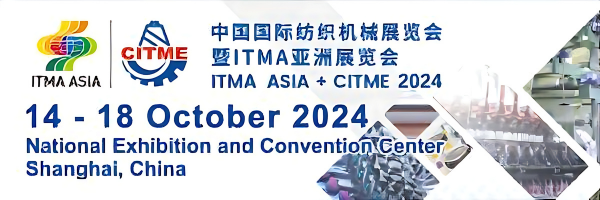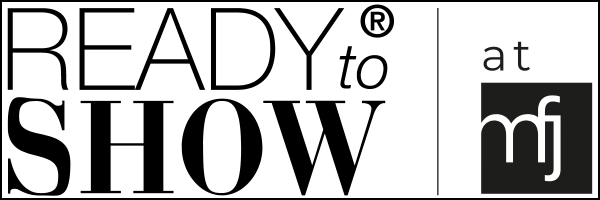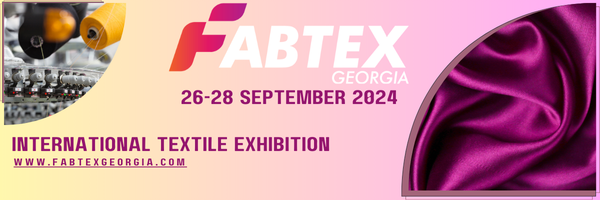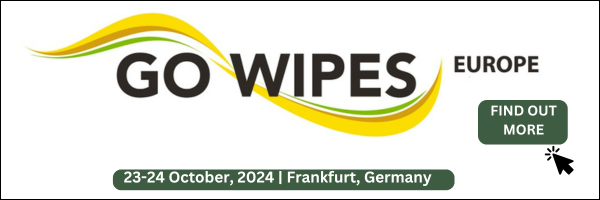The UK textile and clothing industry :: the exit of the UK from the EU — could benefit the UK textile and clothing industry, according to a report in the latest issue of Global Apparel Markets from the business information company Textiles Intelligence.
One consequence of the UK’s decision to exit the EU has been a fall in the value of sterling and this has made UK textile and clothing exports more competitive in terms of price. At the same time, many UK retailers are considering sourcing more of their requirements from UK suppliers as the fall in the value of sterling has made imports more expensive.
Meanwhile, many foreign suppliers are diverting the focus of their export efforts to other markets as the UK market has become less profitable.
These trends are set to continue in the run up to Brexit — which is set for March 29, 2019 — and beyond — as long as sterling remains low.
The UK textile and clothing industry could also benefit if — in the absence of a free trade agreement — customs duties are imposed on imports originating in the EU and other “near shore” supplying countries such as Turkey. Customs duties would make imports from these countries more expensive and, as a result, such imports would pose less competition for UK produced goods.
At the same time, exiting the EU would provide opportunities for the UK to negotiate its own trade deals — which it is not permitted to do as an EU member. This could mean better access for the UK textile and clothing industry to export markets in China, Japan and the USA, where UK manufactured products command a premium.
It is thought that a tariff-free or duty-free arrangement between the UK and the USA, for instance, could lead to a 30% surge in UK exports to the USA over a five-year period. Furthermore, this could benefit US consumers as it could lower the prices of quality UK goods in the US market by an estimated 15-25%.
However, the extent to which the UK textile and clothing industry will be able to expand in response to these opportunities will be limited by the fact that there are no longer any large volume garment manufacturing plants in the UK.
Also, there are concerns about the future availability of talent and skilled operatives. Many of the industry’s skilled employees have come from other EU countries in recent years — especially those in Eastern Europe — and access to such resources could be curtailed if inward migration is restricted.
That said, as manufacturing opportunities in the UK textile and clothing industry open up, there is a chance that perceptions of employment opportunities in the industry will improve and this could help the industry to attract new, young, home grown talent.
One of the biggest concerns of the UK textile and clothing industry, however, is future access to the single European market. As much as 45% of UK textile imports and 25% of UK clothing imports come from other EU countries, and large proportions of these imports are materials used in the manufacture of textiles and clothing in the UK for subsequent export. If tariffs were imposed on imports of these materials, their cost would increase and this would force UK textile and clothing companies to increase their prices in the domestic market and lose market share.
In fact, if the UK were to fall back on World Trade Organization (WTO) rules, then the average tariff on imports of textile products coming into the UK would be between 10% and 15%. And — given that there has already been a 20% increase in costs as a result of the depreciation of sterling against the US dollar since the UK’s decision to exit the EU was made — imported materials could become 35% more expensive when WTO tariffs are factored in.
An increase in the cost of imported materials would also force UK textile and clothing companies to increase their export prices and this could have a huge effect on sales of their products abroad.
As much as 74% of UK textile and clothing exports go to other EU countries and it is feared that much of this trade will be lost unless a free trade agreement can be negotiated.
Furthermore, if UK textile and clothing products were to become subject to higher tariffs when they are imported into EU countries, then more products would be made in the EU rather than in the UK, more products would be warehoused in the EU rather than in the UK, and more products would be shipped from the EU rather than from the UK — all at the expense of jobs and economic activity. More offices would be established in the EU and thus more jobs created in the EU at the expense of those in the UK.
In the meantime, until there is further clarity regarding the terms of the UK’s exit from the EU, the uncertainty surrounding Brexit while negotiations are ongoing will continue to cripple business investment decisions and harm business and consumer confidence.


















